Menopause, a significant transition in a woman’s life, brings with it a myriad of sensations and experiences: Among them: the 7 dwarfs of Menopause and their two ugly cousins. Each dwarf embodies a particular symptom that women encounter during this transformative period. There’s a particular dwarf named “Itchy” that demands attention.
The Unseen Battle: Daily Impediments of Itchiness
Two Real Life Encounters with the Dwarf
At 52, Sarah, an esteemed schoolteacher, faces an unanticipated challenge. Following an intimate evening with her partner, she’s seized by a persistent itch “down there”, in other words by Dwarf Itchy. This dwarf doesn’t just disrupt her personal space; it infiltrates her professional realm too. In the middle of a lesson, amidst attentive eyes and curious minds, Sarah finds herself battling the urge to relieve the itch, all while keeping her composure. Her routine trip to the grocery store becomes a mission of discretion, and her beloved dog walks, a quest for fleeting privacy. This relentless itch, an unexpected twist in her post-menopausal journey, speaks volumes about the silent battles women often face behind the scenes.
In another part of town, Lisa, recognized for her confidence, also battles with Itchy. Business meetings, once a platform for her to shine, now have an undercurrent of a private endurance test as she tries to focus amidst the persistent urge to scratch away an invisible irritation that has progressively gotten worse over the last few days.

The Emotional Tide: Navigating Itchiness During Menopause
For many women, the menopausal journey is one sailed in silence, especially when dealing with itchy woes. After all, It is embarrassing to scratch oneself down there when one’s partner is around (or anybody else, really). For many it is also embarrassing to talk about itchiness down there. Women hide itchiness best they can and stay alone with it. An unspoken, unseen battle of discomfort.
The Itch Explored: Diving into Causes and Influences
Women who are going through menopause or who have already done so are more at risk for vaginal itching. This is due to the reduction of estrogen levels that occur during menopause, which leads to vaginal atrophy. This is a thinning of the mucosa that can lead to excessive dryness. The dryness can cause itching and irritation if you don’t get treatment for it. Here are some possible causes of itching.
Irritants
Exposing the vagina to irritating chemicals can cause vaginal itching. These irritants may trigger an allergic reaction that creates an itchy rash over various areas of the body, including the vagina. Common chemical irritants include: soap, bubble baths, feminine sprays, douches, topical contraceptives, creams, ointments, detergents, fabric softeners, and scented toilet paper or scented menstrual pads.
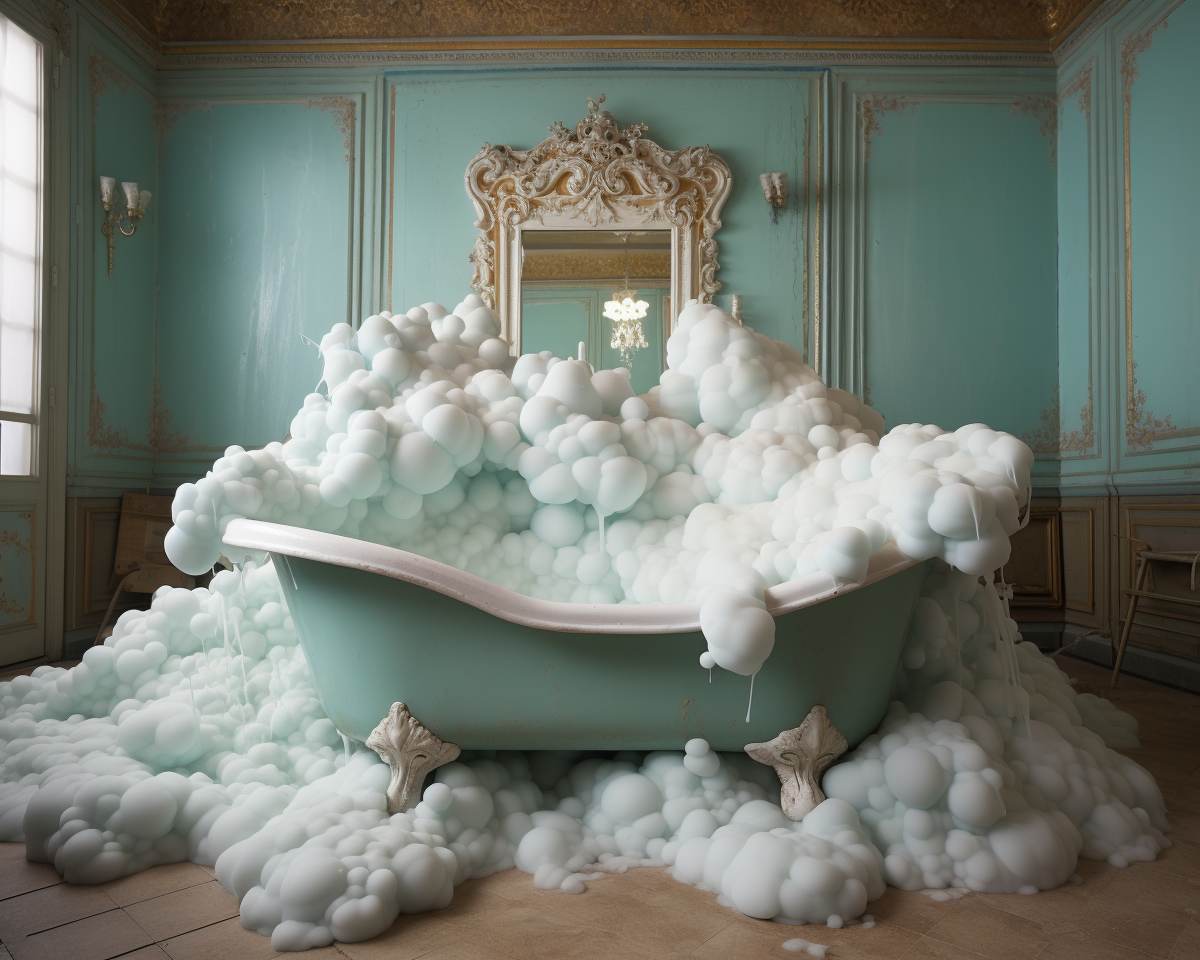
Vaginal Yeast Infections
Yeast is a naturally occurring fungus that’s normally present in the vagina. It usually doesn’t cause problems, but when its growth goes unchecked, an uncomfortable infection can result. This infection is known as a vaginal yeast infection. It’s a very common condition, affecting 3 out of 4 women at some point in their lives. The infection often occurs after taking a course of antibiotics, as these types of medications can destroy good bacteria along with the bad bacteria. The good bacteria are needed to keep yeast growth in check. The overgrowth of yeast in the vagina can result in uncomfortable symptoms, including itching, burning, and lumpy discharge.
Bacterial vaginosis (BV)
BV is another common reason for vaginal itching. Like a vaginal yeast infection, BV is triggered by an imbalance between naturally occurring good and bad bacteria in the vagina. The condition doesn’t always cause symptoms. When symptoms do appear, they typically include vaginal itching and an abnormal, foul-smelling discharge. The discharge may be thin and dull gray or white. In some cases, it might also be foamy.
Lichen Sclerosus (LS)
LS can cause vaginal itching, burning and irritation. The patches lichen sclerosis brings can permanently scar the vaginal area. Postmenopausal women are most likely to have this condition.
Sexually transmitted Diseases (STDs)
Numerous STDs can be transmitted during unprotected sexual intercourse and cause itching in the vagina. These include: Chlamydia, genital warts, gonorrhea, genital herpes, and trichomoniasis. These conditions can also cause additional symptoms, including abnormal growths, green or yellow vaginal discharge, and pain while urinating.
Semen can change vaginal pH
Semen is typically more alkaline (with a pH of around 7.2 to 8.0) to support sperm motility and counteract the acidic environment of the vagina, which should be around 3.5. A menopausal woman may have a higher vaginal pH, often exceeding 4.5 which means it’s less acidic and potentially more susceptible to irritations and infections. When semen is introduced to the vagina, it can temporarily raise the vaginal pH further, making it more alkaline. If a woman is prone to pH-related issues or infections, the temporary pH change from sexual activity could potentially exacerbate vaginal issues including itching.
Hormonal changes dominate the narrative of menopause. Still, the story is more intricate. Estrogen dips not only affect emotions but sensitize skin, while everyday factors like our diet and clothing choices subtly influence the presence and intensity of itching.
Itchiness during menopause isn’t a marginal issue but an uncomfortable reality for many women worldwide. With a clear correlation between age and menopausal itching, the significance of this issue is underscored, and the need for an open dialogue becomes ever more apparent.
Empowerment Through Action: Finding Relief in the Practical
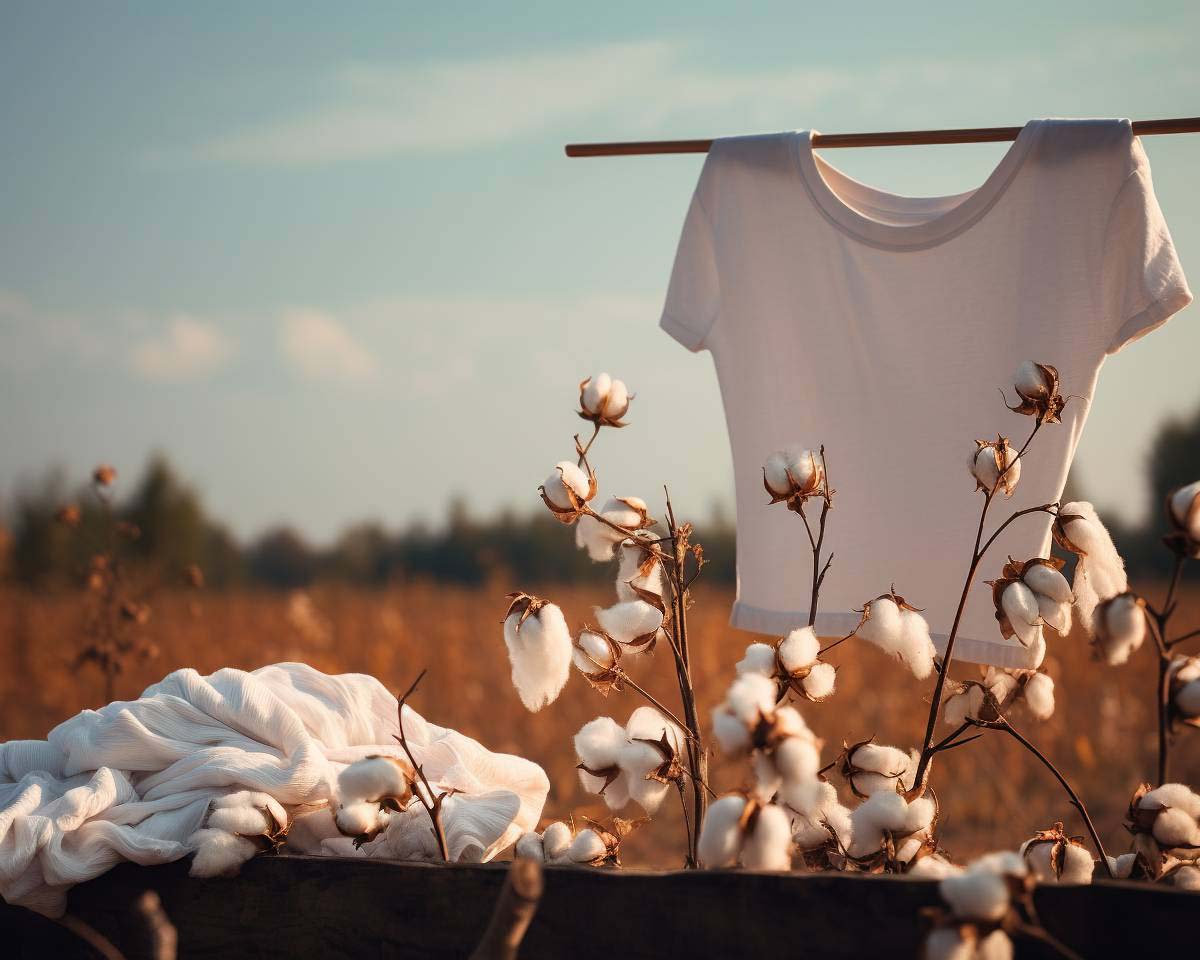
15 Tips to keep Dwarf Itchy in check
As we unravel the complexities behind vaginal itching during menopause, it’s vital to navigate from understanding to action, exploring tangible steps towards relief. (Note this is not any medical advice, please always consult with your doctor first).
- Medical Consultation. See your doctor for a pelvic exam to determine what you have. Vaginosis and STDs are treated with antibiotics and antiparasitics. Yeast infections are treated with antifungal medications. Other types of itching and irritation respond to steroid creams or lotions
- Bioidentical Estrogen
For those dealing with menopause-related itching, this tailored treatment may provide significant relief. Consult with your doctor. - The Healing Power of Calm
Destress with lifestyle changes and yoga/meditation. Physical and emotional stress can cause vaginal itching and irritation, though this isn’t very common. It might occur when stress weakens your immune system, leaving you more prone to the infections that cause itching. - Use the Power of pH
Your vagina’s pH balance is vital. The optimal pH levels in the vagina and labia differ, and maintaining this balance is pivotal for comfort. Several factors, including certain soaps and douching, can upset this equilibrium, amplifying discomfort. The vagina has a pH of approximately 3.5, and in menopause, it may drop. Use vaginal moisturizers of around pH 35. - Avoid chemicals, use 100% all natural moisturizers
When choosing a vaginal moisturizer, opt for 100% natural formulations. It is important to take a water-free vaginal of labial moisturizers. Water-based moisturizers and lubricants contain chemicals which can make the itch worse. Water-free, chemical-free moisturizers ensure safety, providing instant hydration and soothing relief. Their formulations often prioritize maintaining the delicate pH balance of intimate areas, offering prolonged comfort. - Gentle Cleansing
Embrace the gentle touch. Cleanse your genital area with warm water and remember – once daily suffices. - Avoid scented soaps, bubble baths, feminine sprays and douches
- Change out of wet or damp clothing right after swimming or exercising.
- Wear cotton underwear and change your underwear every day.
- Avoid sexual intercourse until your symptoms improve. And use condoms if having sexual intercourse.
- Follow the Eat to Heal Diet, low in sugar and starches.
The ‘Eat to Heal’ philosophy can make a significant difference. Putting emphasis on hydration can be a game-changer. Foods that support pH balance and adequate water intake can significantly alleviate symptoms. - Post intercourse moisturizing
Semen also changes the vaginal PH and it’s important especially in menopause to bring the vaginal PH back by using a vaginal moistizer pH 3.5 to balance after intercourse if you want to be more comfortable. - Wipe the right way, ladies!
Always wipe from front to back after having a bowel movement - Don’t scratch. Don’t scratch. No, don’t scratch.
You can further irritate the area. - Use a 100 % natural vaginal moisturizer, water-free and chemical-free of pH 3.5 (yes, this tip is mentioned twice because it is so super important 😉 )
This too shall pass. You’re not alone.
Menopause, while a significant transition in a woman’s life, brings with it challenges like the often unspoken itchiness. By understanding the causes and equipping oneself with knowledge and practical tools, this journey can be navigated with grace and comfort. Remember, knowledge is power, and in this journey of change, you’re not alone.

FAQs:
1) What is the ‘Itchy’ dwarf in menopause?
-
- It’s a metaphorical representation of the itchiness some women experience during menopause due to various causes like hormonal changes, infections, or irritants.
2) Why does menopause lead to itchiness?
-
- A significant drop in estrogen levels during menopause can lead to vaginal atrophy, causing dryness and subsequently itchiness. Other factors like infections or irritants also play a role.
3) How can one alleviate itchiness during menopause?
-
- From medical consultations to maintaining optimal pH levels of around 3.5, gentle cleansing, avoiding irritants, using natural water-free, chemical-free moisturizers, and dietary changes can help combat itchiness.
4) Is it common to experience itchiness during menopause?
-
- Yes, many women worldwide report experiencing itchiness during their menopausal journey due to various reasons.
From itchy, dry and b....y to relaxed and relieved:
Meet Mae and Cleo pH-Optimized Moisturizers for Vagina & Labia. 100% All Natural, Water-free, Zero Chemicals
Related posts:
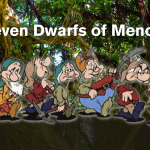 Meet The 7 Dwarfs Of Menopause… Plus Their 2 Cousins!
Meet The 7 Dwarfs Of Menopause… Plus Their 2 Cousins!
 Navigating Through Menopause Gracefully
Navigating Through Menopause Gracefully
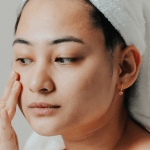 The Best Menopause Skin Care Tips
The Best Menopause Skin Care Tips
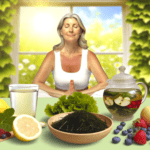 How to Cleanse and Detox During Menopause
How to Cleanse and Detox During Menopause
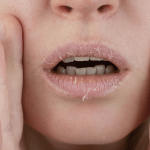 Dryness During Menopause? Here’s What You Need To Know
Dryness During Menopause? Here’s What You Need To Know
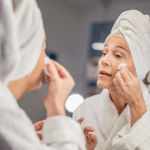 How Your Skin Changes During Menopause
How Your Skin Changes During Menopause
 Eczema Before, During, and After Menopause
Eczema Before, During, and After Menopause
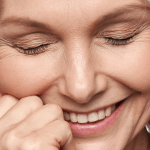 How Does Your Skin Change During Menopause?
How Does Your Skin Change During Menopause?
